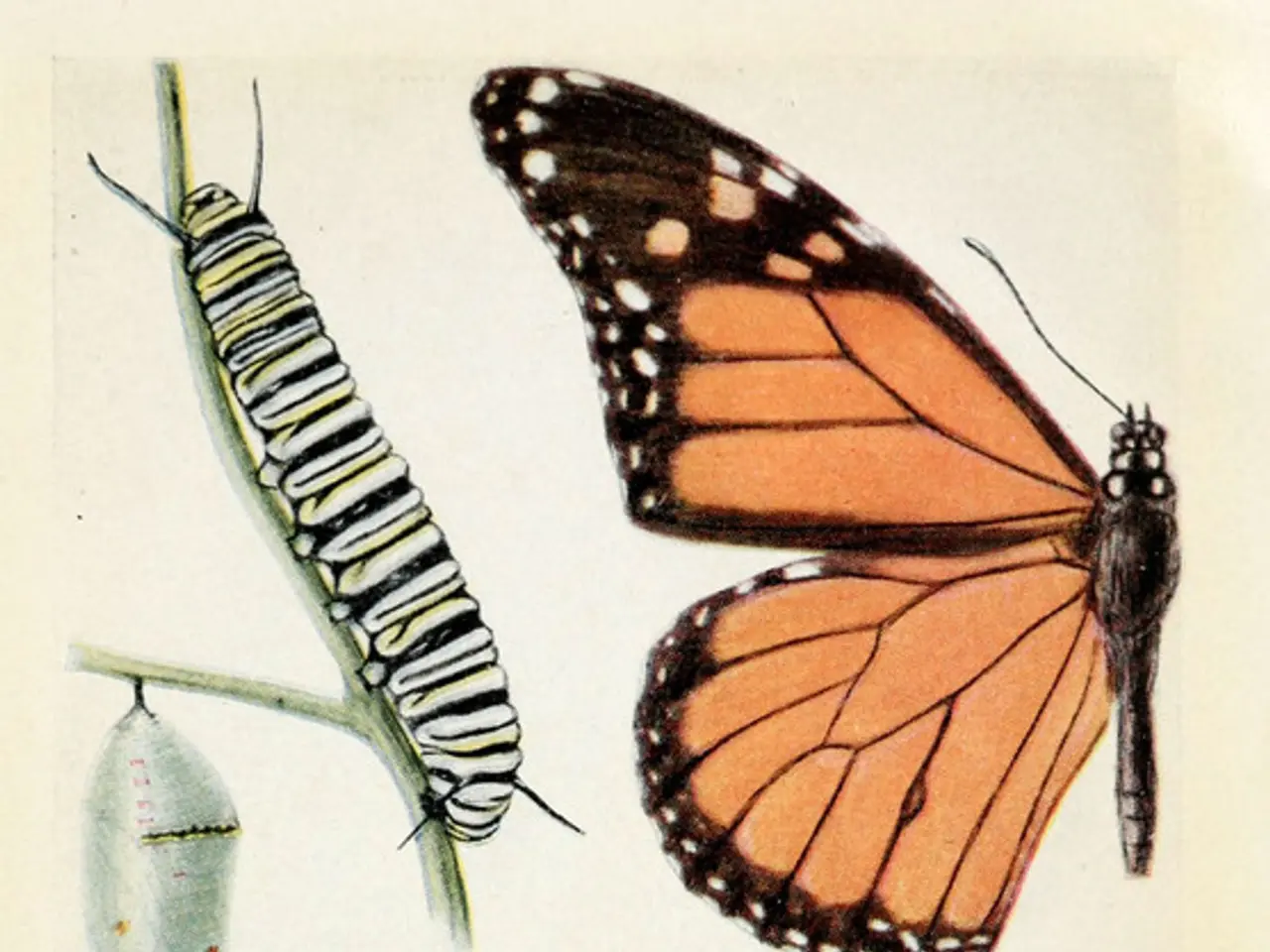Three Scientists Win Nobel Prize for Immune System Regulation Breakthrough
Three scientists have been awarded the Nobel Prize in Physiology or Medicine for their groundbreaking work on immune system regulation. Mary E. Brunkow, Fred Ramsdell, and Dr. Shimon Sakaguchi were recognised for their discovery of a key pathway involving regulatory T cells, which has revolutionised our understanding and treatment of autoimmune diseases.
The trio's work, conducted over several decades, has been instrumental in improving organ transplant success and enhancing the body's ability to fight cancer. Dr. Sakaguchi, a distinguished professor at Osaka University, initially conducted his research on mice due to their ethical and practical advantages as model organisms. His experiments led to the discovery and understanding of regulatory T cells (Tregs), which play a crucial role in preventing autoimmunity.
Brunkow and Ramsdell, from the Institute for Systems Biology and Sonoma Biotherapeutics respectively, further built upon Sakaguchi's work. Together, they elucidated the mechanism of peripheral immune tolerance, demonstrating how Tregs control immune responses to maintain balance in the body.
The Nobel Prize in Medicine was announced on October 6, 2025, and the award ceremony will take place on December 10, 2025. The prize money totals 11 million Swedish kronor (nearly $1.2 million). Their work continues to be critical in understanding and treating autoimmune diseases such as Type 1 diabetes, rheumatoid arthritis, and lupus, paving the way for new therapeutic approaches.






